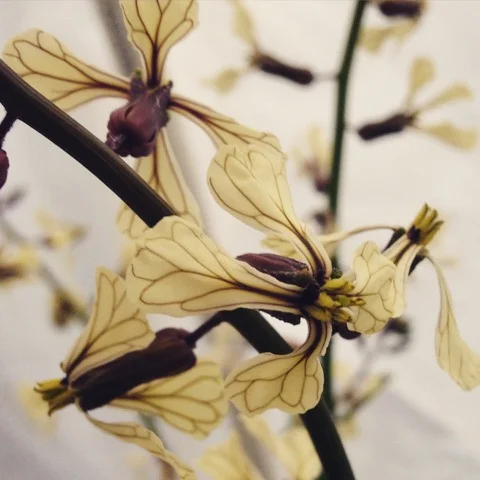Decoding Plants: Seeing Urban Flora with New Eyes
Taught by Mulysa Melco
Saturdays, September 10th - October 1st || 9:30-11:30 am
Meets at Overlook Park Picnic Shelter || 1599 N Fremont St.
Four weeks, $100 || Space is limited to 20 students.
Have you ever walked around your neighborhood, or gone on a hike, and wished you knew the names of the plants you saw? Have you ever wondered how they fit into the ecosystem and what uses they have? Deepen your connection with the place we live by tuning in to the world of plants and learning how the flora of our bio-region is in flux. Understanding the species we share our home with positions us to be advocates for conservation and offers tools for reimagining our personal and collective relationships to nature.
In this class, you’ll learn to recognize 12 common plant families and how to identify species using a plant key. By the end of the course, you’ll have created your own guide to the major plant families – and you will have fresh eyes for the plants that live right outside your door.
Week 1: Plant Patterns
Explore taxonomy (how plants are classified according to their relationships) and morphology (the form and parts of a plant), and meet our first three plant families.
Week 2: Micro Explorations
Practice using a key to identify plants in a diverse garden setting. Using drawing as a way to understand our subject, slow down to observe some of the intriguing details that differentiate species. Learn the key recognition characteristics of three more families that include many important food plants.
Week 3: Macro Observations
Walk to an oak/madrone woodland and discuss how local plant communities in Portland have changed over time, why some plants are considered weeds and what future plant communities in the bio-region could look like. Get the scoop on three plant families that are essential for wildlife habitat.
Week 4: Plant Uses
Learn three final families that include plants that are essential for humans as medicine. Discuss ethnobotany and examples of ways plants have co-evolved with animal species in the human-managed landscapes of the Willamette Valley.

